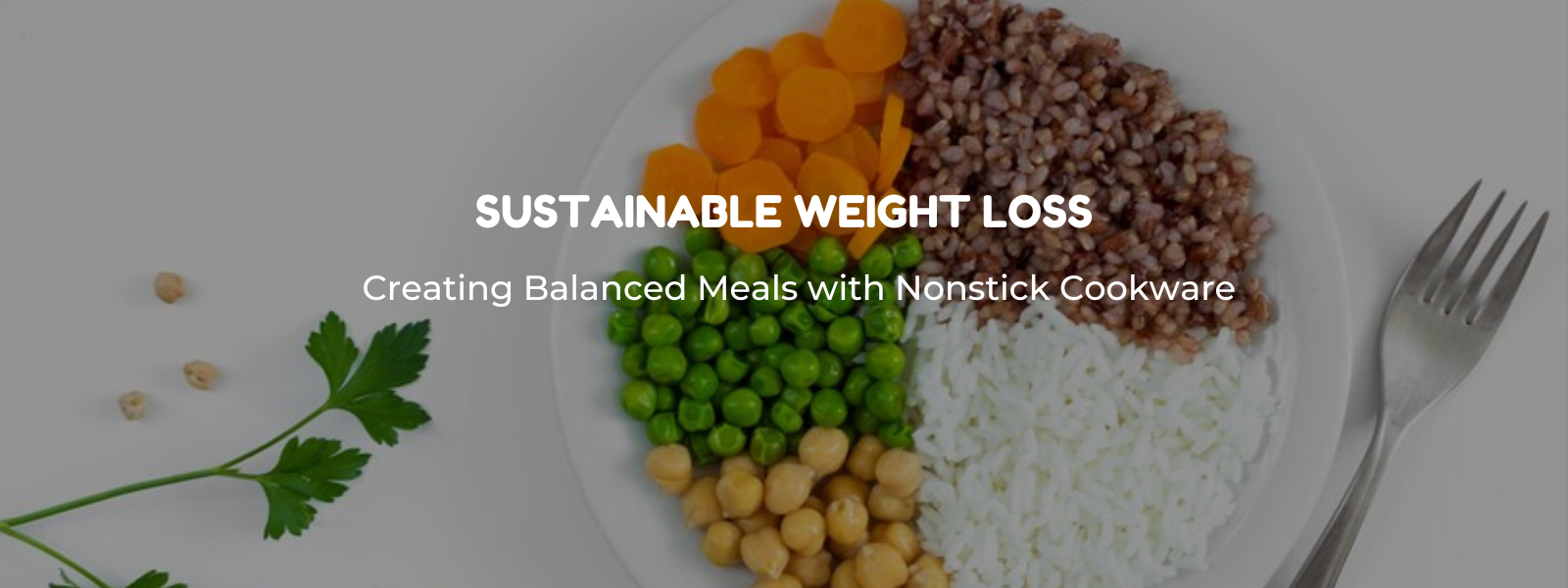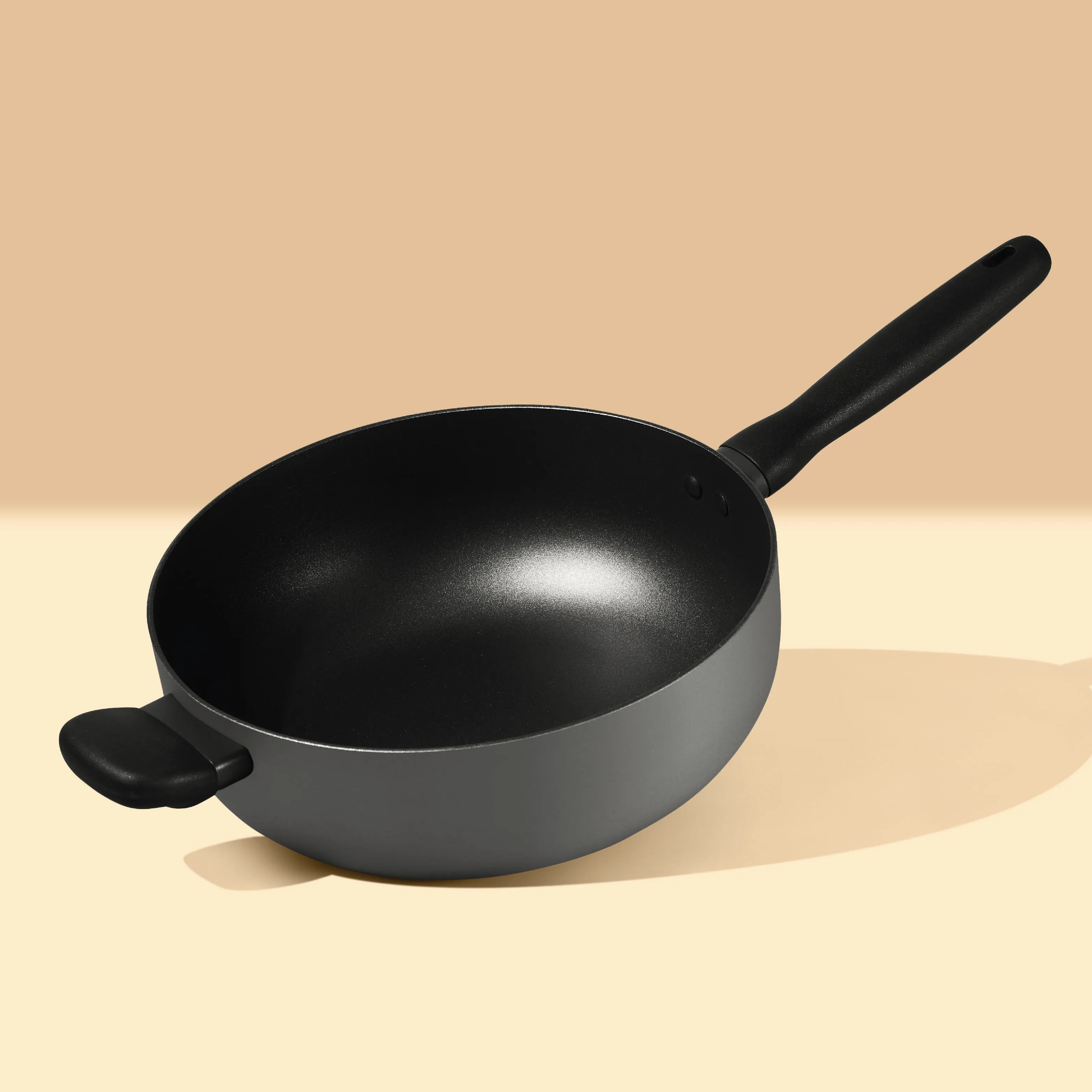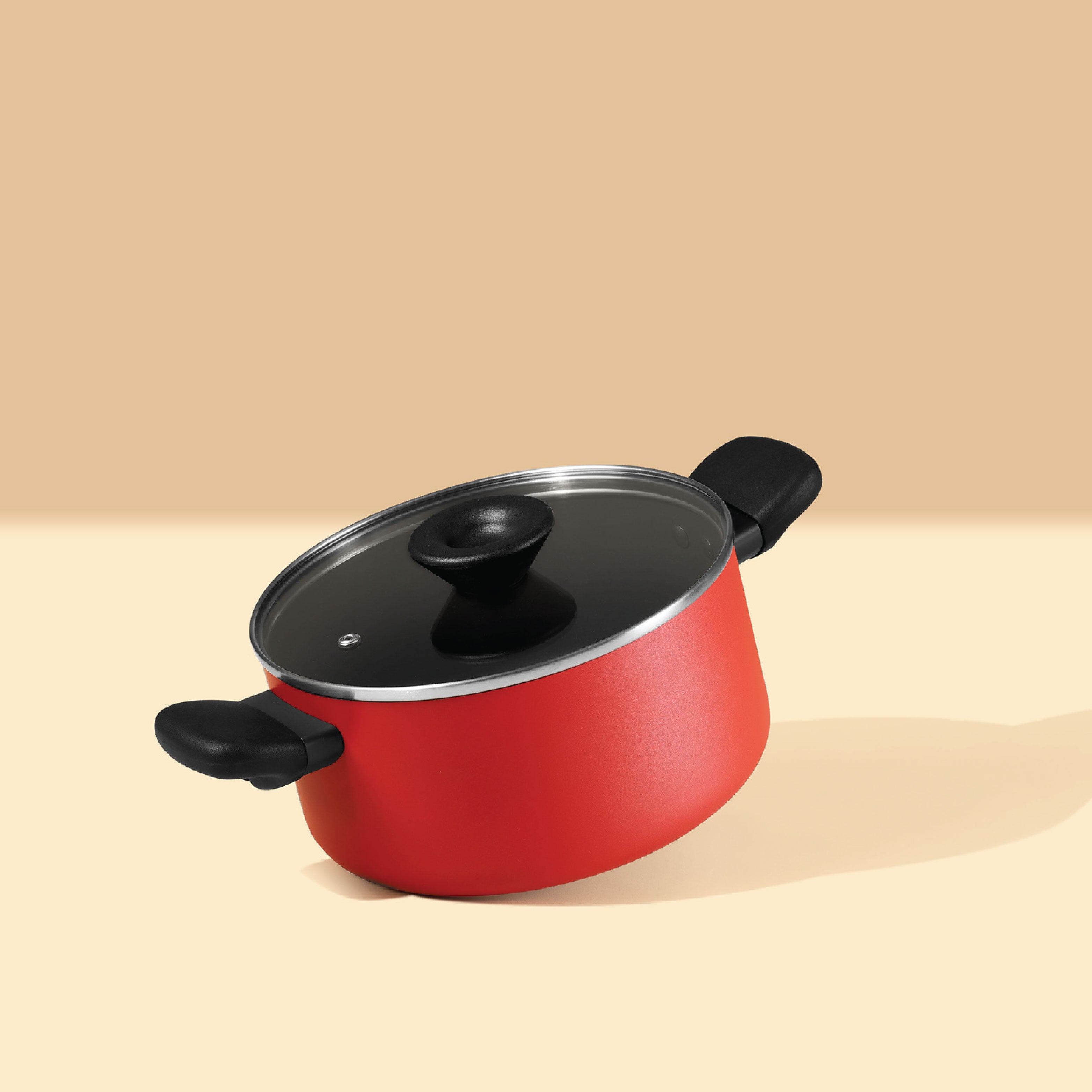Portion control is a potent tool for achieving health goals by enabling individuals to manage their calorie intake, maintain a healthy weight, and make more mindful food choices. By regulating the amount of food consumed, it prevents overeating, reducing the risk of weight gain and related health issues. It fosters an awareness of hunger and fullness cues, encouraging a healthier relationship with food. Portion control also allows for dietary flexibility, permitting the inclusion of occasional treats while maintaining overall balance, making it a practical and sustainable approach to healthier eating and weight management.
Table of Contents
What Do You Mean Portion Control?
Portion control is a dietary practice that involves managing the quantity of food you eat during a meal or snack. It focuses on consuming appropriate serving sizes to control calorie intake and ensure balanced nutrition. Portion control helps prevent overeating, which can lead to weight gain and various health issues. It promotes mindful eating by encouraging individuals to be more aware of their hunger and fullness cues, making it easier to make healthier food choices and manage their overall dietary habits. This practice can be a valuable tool for those seeking to achieve and maintain a healthy weight and improve their nutrition.
Does Portion Control Mean Eating Less?
Portion control doesn't necessarily mean eating less, but rather, it means eating the right amount for your individual needs. It involves managing the quantity of food you consume to support your health goals, whether that's maintaining a healthy weight, achieving weight loss, or simply making more mindful food choices.
Portion control is about striking a balance. It's not about deprivation or significantly reducing your food intake. Instead, it encourages you to be more mindful of the amount of food you eat and to align your portions with your specific nutritional requirements. This can involve eating smaller portions of calorie-dense foods and larger portions of low-calorie, nutrient-dense foods, like fruits and vegetables.
Ultimately, portion control helps you make informed choices about the quantity of food you consume, ensuring it aligns with your health objectives and supports balanced nutrition. It's not about eating less but about eating right.
What Are The Basic Principles Of Portion Control?
The basic principles of portion control involve managing the amount of food you eat to support better nutrition and maintain a healthy weight. Here are some fundamental guidelines:
- Use Visual Cues: Familiarize yourself with common visual cues to estimate portion sizes. For example, a 3-ounce serving of meat is roughly the size of a deck of cards.
- Read Labels: Pay attention to food labels for information on serving sizes and calories per serving.
- Measure Your Food: Use measuring cups, kitchen scales, and portion control tools to accurately measure your portions until you become skilled at estimating.
- Plate Proportion: Divide your plate into sections, with vegetables occupying half, protein a quarter, and grains or starches the remaining quarter.
- Avoid Super-Sizing: Be cautious of super-sized portions at restaurants or when eating out. Consider sharing or taking home part of your meal.
- Mindful Eating: Slow down, savor your food, and pay attention to your body's hunger and fullness cues. Eating mindfully can prevent overeating.
- Choose Smaller Plates and Bowls: Using smaller tableware can naturally lead to smaller portions.
- Be Selective: If you're faced with larger portions, choose to eat only part of it and save the rest for another meal.
- Snack Smartly: Pre-portion snacks into smaller containers to avoid mindless munching.
- Limit Liquid Calories: Be mindful of portion sizes for sugary and high-calorie beverages. Opt for water, herbal tea, or other low-calorie options.
- Plan and Prep: Prepare meals and snacks in advance, which allows you to control portions and make healthier choices.
- Practice Self-Control: Recognize that you don't have to finish everything on your plate. Stop eating when you feel satisfied, not overly full.
- Balanced Meals: Include a balance of carbohydrates, proteins, and fats in your meals, focusing on nutrient-dense foods.
By following these portion control principles, you can effectively manage your calorie intake, support better nutrition, and work towards achieving and maintaining your health and weight goals.
Benefits of Portion Control:
Portion control offers several significant benefits for your health and well-being:
- Weight Management: Portion control helps regulate calorie intake, making it easier to maintain a healthy weight or achieve weight loss goals. By avoiding overeating, you create a calorie deficit that supports weight loss.
- Balanced Nutrition: Controlling portion sizes encourages a more balanced and diverse diet. You can include a variety of foods without overindulging in any particular category, ensuring you receive a broader range of nutrients.
- Mindful Eating: Portion control promotes mindfulness, helping you pay attention to your body's hunger and fullness cues. This fosters a healthier relationship with food and prevents emotional or mindless eating.
- Reduced Risk of Health Issues: Maintaining a healthy weight through portion control can lower the risk of various health conditions, such as heart disease, diabetes, and hypertension.
- Flexible Eating: Portion control allows for flexibility in your diet. You can enjoy occasional treats or indulgences while staying within your calorie and nutritional goals.
- Food Budgeting: It can help you manage your food budget by reducing food waste and preventing over-purchasing of items that may go uneaten.
- Improved Digestion: Eating appropriate portion sizes can enhance digestion and reduce discomfort associated with overeating.
- Sustainable Approach: Portion control is a practical, long-term approach to healthier eating. It can be integrated into your daily routine and doesn't require extreme dietary restrictions.
- Enhanced Control: It gives you control over your eating habits, which can boost self-discipline and support your health and wellness objectives.











Leave a comment